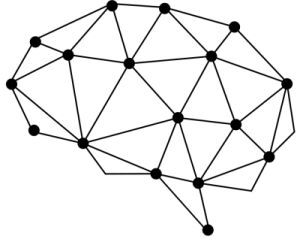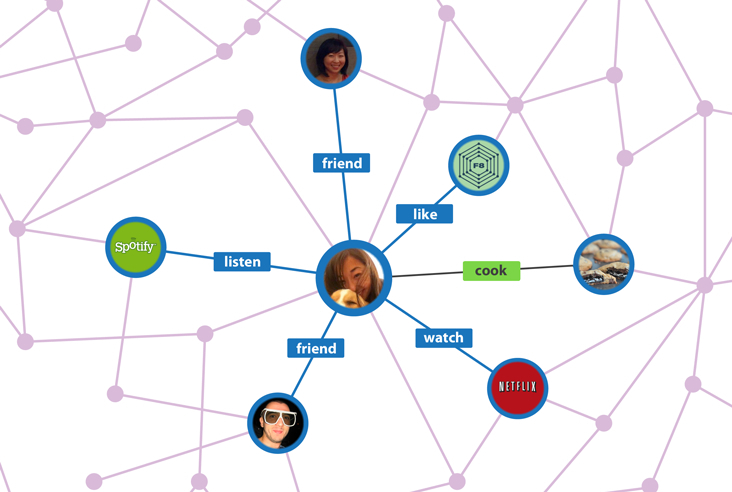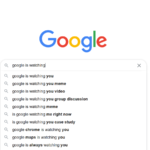 If the Cambridge Analytica scandal told us one thing, its how poorly people understand how data is being used. Although the folks at CA may not have had the most altruistic of intentions, they were really only exploiting what was freely available. That they used some data Facebook didn’t intend them to use doesn’t change the fact that the data was there for the taking. People volunteered it willingly, so it was inevitable that it would be put to use.
If the Cambridge Analytica scandal told us one thing, its how poorly people understand how data is being used. Although the folks at CA may not have had the most altruistic of intentions, they were really only exploiting what was freely available. That they used some data Facebook didn’t intend them to use doesn’t change the fact that the data was there for the taking. People volunteered it willingly, so it was inevitable that it would be put to use.
What is probably less clear in this tale of targeting was that they weren’t really targeting you or I. Rather, the technology allowed them to identify what kind of people we are like, and target people of that kind. This aggregate group identity makes up a persona — a fictional person that has traits and attributes, gathered from the self-provided data of real people, that are useful for addressing many actual individuals that are similar to that persona.
This is not new. In fact, in programming, type inheritance is a powerful concept that is useful for generalization. What’s new in the last decade or so is the volume of self-identified human data, and a few primary keys that allow that data to be associated with unique donators. Lots of web sites have data on you as a mostly anonymous visitor. There’s identifying information, for sure, but nothing you deliberately confirm or setup, so its a “weak link”. When a website requires you to create an account, then they truly have uniquely identifying information for tracking you within the properties that account uses. Facebook is mostly unprecedented because of the scope of that account. As an identifier, its used far beyond the actual Facebook website — its used on other Facebook properties (WeChat, Instagram) and on millions of partner sites that use Facebook log-in, or Facebook data sharing (when you see “Like on Facebook” on a website that is not Facebook, they are sharing data using your identity as a key.)
The effect is that activities spanning the web are opted-in to Facebook data collection, whether you’re aware of it or not. Suddenly a single primary key has a rich repository of information about billions of individuals. Realistically, it would take an incredible effort to actually target a single individual, but it does become very easy to group individuals based on activity. Individuals who “Like” a Republican candidate, individuals who participate in discussions about vaccinations, individuals who view religious videos, etc…
The field of psychographics is the emerging social science of identifying groups based on these common activities, then determining what methods are most effective at influencing the individuals within those groups. Facebook helps out even more, due to a built-in concept called Graph Relationships. These are the links between individuals that can be used to tie people to groups even if those linked individuals provide no explicit data that identifies them as part of the group. You may not have shown any visible interest in a particular political candidate, but if you’re linked to many people who have, you may find yourself targeted as part of that group.

This self-identification increases with your social network, and with your activity. If you’ve seen ads for something you recently thought about (but could swear you didn’t write down or say out loud) the odds are good that you’ve been targeted based on your activities or affiliations, and advertisers “knew” you would be interested in that product or service, because other people like you are interested in it.
I recently saw this concept described as a digital voodoo doll, and the analogy is apt. Advertisers and other influencers aren’t interacting with you directly, instead they’ve created an avatar that is like you, they’ve experimented to determine how best to impact those like you, and then they’ve launched their digital onslaught against the group. When the voodoo doll gets really precise, its called micro-targeting, and you really should be scared of it.
So what can you do about it? Well knowing the importance of identifier keys, you can participate in the web more strategically. It may be easier to sign up for a new service with your Facebook account (keeping track of multiple passwords is hard!), but know that when you do, Facebook gets all that data. Use different keys (new accounts) for different services, to reduce the chance of your activity being linked. You don’t have to quit Facebook entirely, but be careful what you indulge within their scope of view.
On that topic, there are ways to keep fences around that garden. FireFox has an extension that does just that — blocking Facebook tracking on sites not owned by Facebook. The same cautions should apply to any service whose tendrils extend beyond their own .com front-end. Microsoft, Amazon, Google all offer useful developer tools for web creators — in exchange for data collected from those sites. Diversify your digital activity: use different services for different features, and don’t mix and match. For example, Microsoft hosts our email, but not our voice commands. Amazon gets our voice commands through Alexa, but doesn’t store any of our documents. Opt out of data collection when given the choice.
As tech providers find newer, more clever ways to collect data, and the legal framework struggles to keep up, be aware of how you’re inevitably being targeted. Information is neutral — it doesn’t have a bias. Human beings, on the other hand, are biased. If something is presented as information but appeals to your natural bias, question the source — odds are that you’re being manipulated.
The dream of the Internet was that information could be shared instantly and freely with everyone. Those altruistic nerds that invented it may have forgotten that someone has to pay for technology somehow, and perhaps unknowingly, we backed our technology revolution into an ad-supported model. Being willing to pay for content that isn’t ad sponsored seems to have a tendency to inspire a little less subterfuge in the content provider. If you want to learn something new, or engage with a community on a topic, consider private online services — even those that aren’t free, or require a little more work.
There’s no quick fix for Facebook, or Google or even Apple. To make the Internet a better place, its citizens must be aware, involved and active. You can be online without responding to your baser instincts for affirmation or attention, but if you find the dopamine rush too irresistible, you might be better off closing those accounts after all…




2 thoughts on “Getting to Know Your Digital Voodoo Doll”